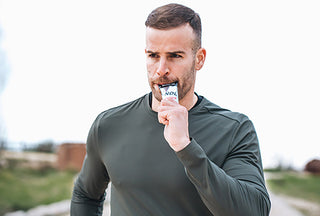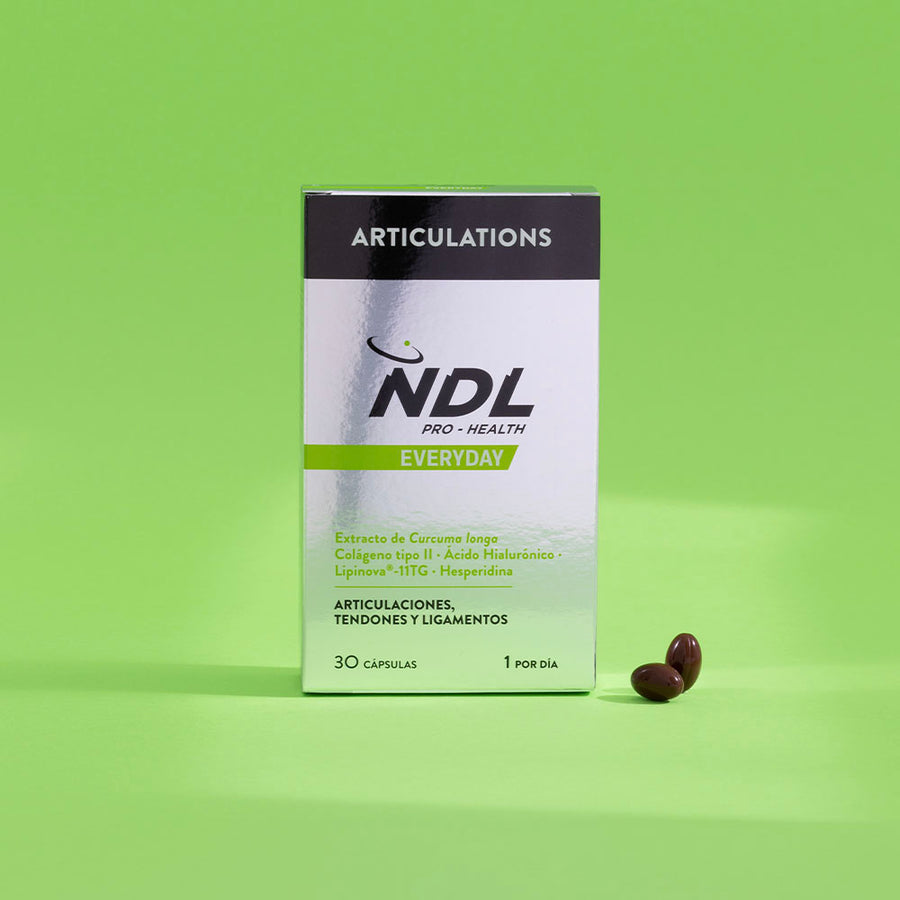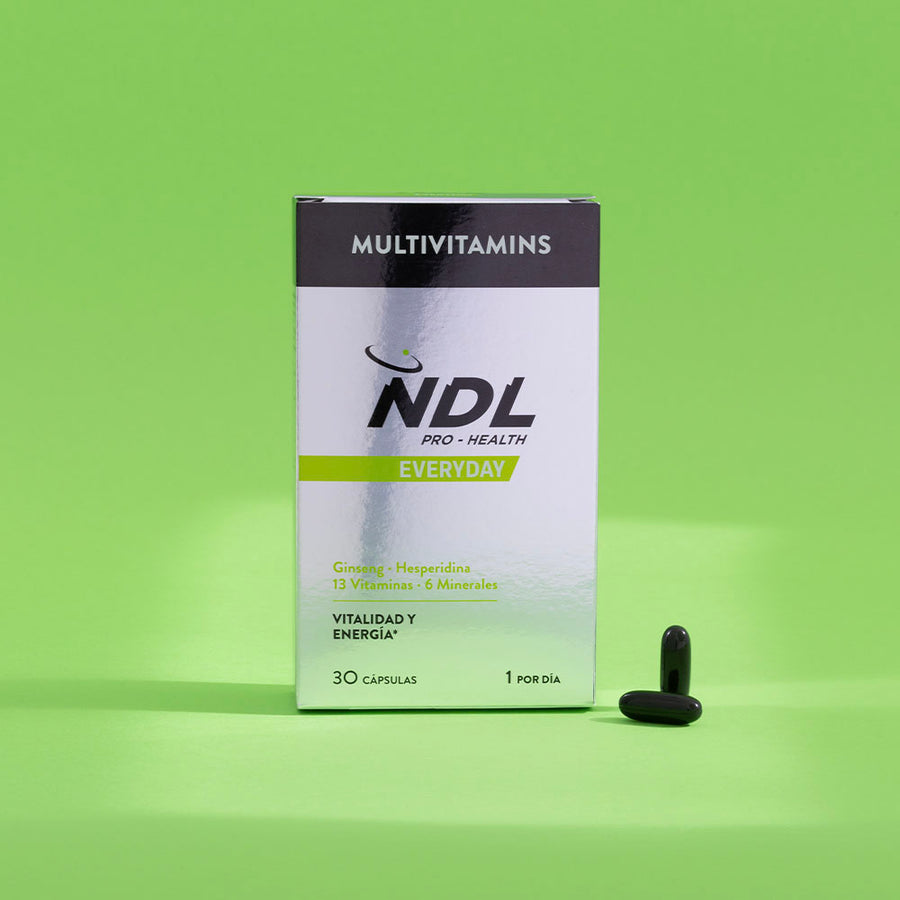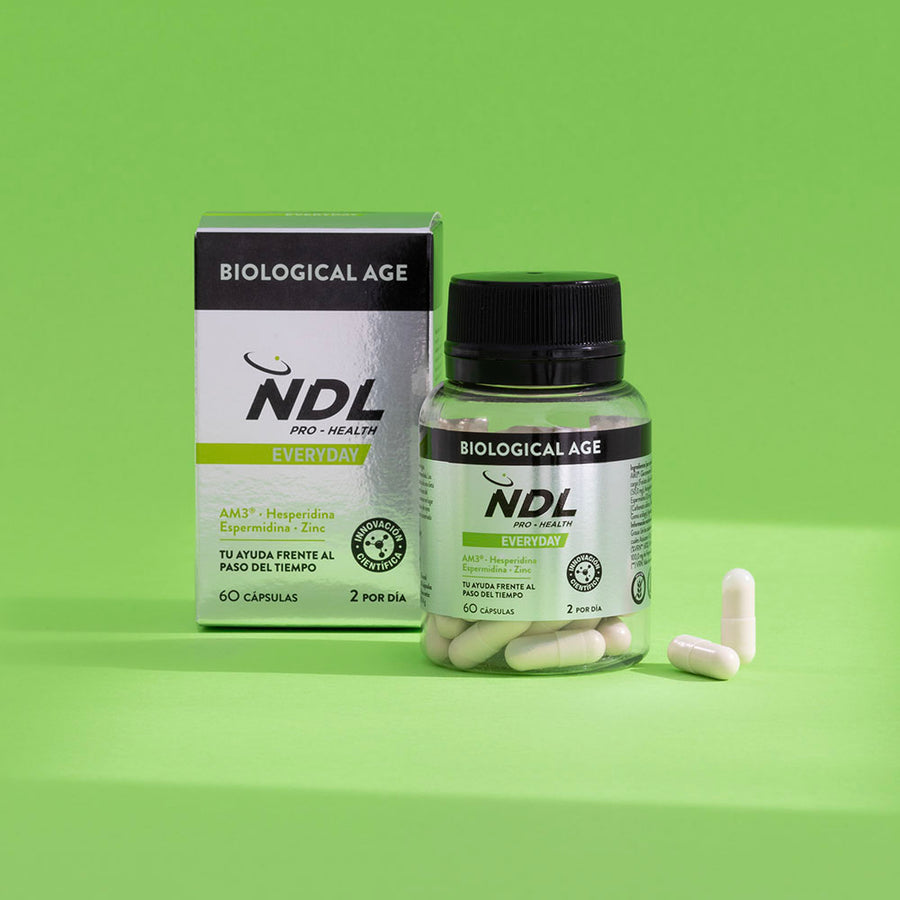Featured Products
Running or strength training? We have all asked ourselves this question when we reach a certain age. But we have to differentiate, because it is one thing to reach a certain age, and another to grow old.
We can be 50, 60 or more than 70 years old and still be young. If we are able to remain agile, strong and with a good level of autonomy, we will keep our body functionally young for much longer. And, to achieve this in the most effective way, we have already told you that the best way is strength, but there is always a but, because strength training does not mean that we have to forget about running forever.
In this article we are going to try to solve this eternal question that is becoming more and more valid. You should know that normally, people do not lose their autonomy and ability to perform their daily activities by not going out to walk, walk or run, but they do so by a notable and significant loss in their strength levels, something called sarcopenia, which is the progressive loss of muscle mass in the elderly (although there are more and more cases of not so old people who have worrying rates of sarcopenia).
You see where the shots are going, don't you? If we add to this a diet that is not able to provide our body with the minerals, vitamins and essential nutrients, we have the perfect cocktail to age at a faster rate than our identity card.
The priority in programming our workouts should be on tasks that require strength. It is not necessary to go to the gym or have specific equipment. You can train strength with your own weight and do it in an effective way. However, running can also bring us some very interesting benefits that we should not disregard, although it is necessary to qualify:
Myths about running benefits:
Aerobic exercise improves cardiovascular and pulmonary health by increasing aerobic capacity.
This is true, but, strength exercise is also able to effectively achieve significant improvements at the cardiovascular and pulmonary level. In fact, strength training achieves improvements for cardiovascular health through the release of myokines into the body or even through the improvement of our microbiota.
It is important here to be able to help the body with the necessary supplements or multivitamin complexes, which help us to regulate all the internal processes of the body to always achieve the best results for our performance and health.
Cardiovascular exercise burns calories and helps control weight.
It has been shown that strength training has a multiplying effect on running if we intend to burn calories and lose weight. Aerobic exercises have an effect on our body that can last up to 12 hours after finishing the activity, but strength training can maintain these effects up to 48 hours after the activity.
In addition, when we are on a low-calorie diet and we also choose running to try to lose weight, our body enters a “reserve” system whereby it is able to reserve energy and not “spend” too much until it gets enough calories to return to normal.
This slows down the achievement of goals and is often one of the reasons why people abandon their routines and also their diets. However, people who follow a hypocaloric diet and also do strength training are able to accelerate the processes more effectively and without rebound effects. In this whole process it is also important to be able to receive extra support such as that provided by Biological Age.
Strengthens bones and muscles
There is a belief that running has a positive impact on bones and muscles, especially in the legs and core. This is not entirely true.
On the one hand, any moderate or intense physical activity is capable of achieving these goals in our body, but they also have a negative effect. We do not have to forget that not all people are prepared to run and what is certain, no person is prepared to run a high number of kilometers per week. We are not designed for that.
You must remember that while running, in each stride we take, we are transferring to our joints the total of our weight multiplied by eight (approximately), something that is really negative for our joints. In addition, core work, based on the training of all the muscles that compose it and that surround our abdominal belt, spinal erectors and gluteus, is more effective if we carry it out in the gym or with specific exercises.
Finally, a good strength training is able to strengthen and protect our joints and possible injuries. However, for those of you running enthusiasts who can't do without your dose of km, it is important to protect your joints with a good supplement, something that will help you to extend your sporting life and protect your joints.
Improves mood and reduces stress
Running is said to release endorphins, which have a positive effect on mood and help reduce stress. But it is really the physical activity in general that generates the release of endorphins, not the running or strength training...
So what do we do, do we stop running and join the gym?
If we have to make a balance between the days we dedicate to strength training and the days we dedicate to aerobic training I would say that the ideal.
The key to maximizing the benefits and staying young lies in combining aerobic work such as running or cycling with strength training. A balanced training program might include:
- 1-2 days of running: Focusing on different distances, paces and terrains for a complete development.
- 2-3 days of strength training: Incorporating compound exercises for multiple muscle groups, using our own body, external resistance and based on functional training.
Additional recommendations:
- Rest and recovery: It is critical to allow the body to recover properly between workouts to avoid injury and optimize performance.
- Healthy eating: A balanced, nutrient-rich diet provides the energy and building blocks necessary for muscle growth, tissue repair and athletic performance.
- Consult with a professional: If you are new to exercise or have a medical condition, consult with a personal trainer or physical therapist to develop a safe and effective training program.
In conclusion, it's not a matter of choosing between running and strength training, but rather finding a balance between the two disciplines to achieve optimal long-term health and vitality. Remember that consistency and consultation with a professional are key to getting the best results.

He is currently sports director at the University Alfonso X el Sabio, where he combines his functions with the operations management of UAX Rafa Nadal School of Sport. He is a regular contributor to magazines such as Sportlife, Triathlon, Corredor..., where he demonstrates his knowledge about the world of fitness, physical activity and health. He has a degree in Sports Science along with a master's degree in Physical Activity and Health, specializing in the treatment of injuries, physical activity for health and nutrition for athletes.




















